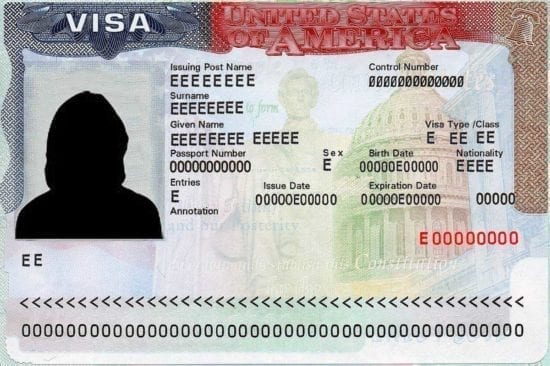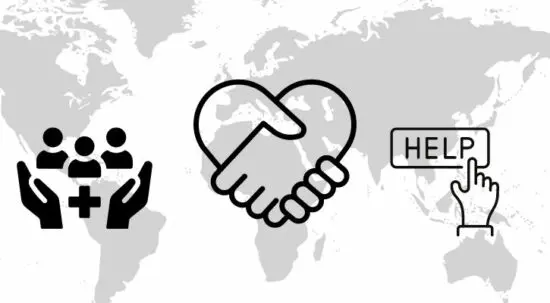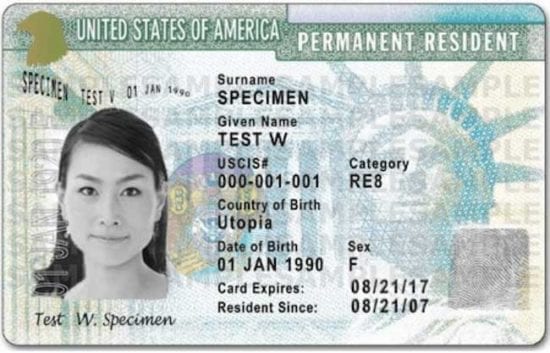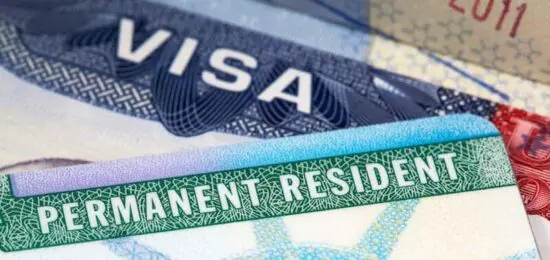If you are a U.S. citizen or lawful permanent resident, visit our family immigration page for information about petitioning for your relatives.
Status of family reunification
The new administration has been making changes to immigration that have affected family reunification, such as pausing refugee processing through the U.S. Refugee Admissions Program (USRAP). It has also currently stopped resettlement agencies from providing assistance to most refugees and asylees.
The U.S. has expanded travel and visa restrictions starting January 1, 2026. If your family is from one of the January travel ban countries, they will likely be denied a visa or entry to the U.S. Only in rare cases will the U.S. government consider an exception. Learn more.
Refugees
- I-730 Refugee Relative Petitions are on hold at the consular processing stage. You can still apply, and follow-to-join petitions are being processed by USCIS. U.S. Embassies and Consulates are not interviewing cases or issuing travel documentation.
- USCIS has indefinitely stopped processing all I-730 Refugee Relative Petitions for people from countries on the travel ban. USCIS will not issue approvals during this pause.
Asylees
- USCIS has indefinitely stopped processing all I-730 Asylee Relative Petitions for people from countries on the travel ban. USCIS will not issue approvals during this pause.
- I-730 Asylee Relative Petitions are not affected if your relative is a citizen of a country not named in the travel ban. These cases will continue to be processed and forwarded to a U.S. Embassy or Consulate for an interview.
Afghans and Iraqi SIV holders
- USCIS has indefinitely stopped processing all I-824 SIV Follow-to-Join applications for Afghans. No I-824 approvals will be issued during this pause.
- Starting Jan 1, 2026, no SIV visas will be issued to people from Afghanistan due to the travel ban.
Afghan parolees
- DS-4317 Afghan Parolee Family Reunification is on hold. You can still submit Form DS-4317, but the program is paused and could likely not restart.
Iraqis and Syrians
- P-2 Direct Access Program is on hold. You cannot apply or bring your family to the U.S. under the special USRAP I-130 program.
- Syrians traveling without a visa on January 1, 2026, may face travel restrictions under the travel ban.
Parents of minors in Central America
- Central American Minors (CAM) Program is on hold. You can not apply or bring your family through CAM, all cases are currently paused.
P-3 Affidavit of Relationship Program
- P-3 Program is on hold. Refugees, asylees, and SIV holders in the U.S. can not currently apply for family reunification through an AOR.
Programs for refugees and asylees
There are special programs in the United States to help refugees and asylees reunite with their family members. These include Form I-730 and an Affidavit of Relationship (AOR) for refugees, asylees, and SIVs with families in high-priority countries.
These programs offer several important benefits including:
- There are no application fees
- Your family member will receive the same legal status as you came with (this is called derivative status)
- You can file as soon as you arrive as a refugee or as soon as you are granted asylum (you do not have to wait until you get your Green Card)
- It can sometimes be faster than other processes
It is important to file for these programs as soon as you can. If you miss the deadline to file, you will still be able to apply for family reunification through the I-130 process as a Green Card holder or U.S. citizen but you will not get the same benefits.
Form I-730 Refugee/Asylee Relative Petition
If you came to the U.S. as a refugee or you have been granted asylum, you can file for your immediate relatives using Form I-730. This program only allows you to petition for your immediate family members. This includes:
- Spouses
- Unmarried children under 21
Parents, siblings, cousins, aunts, uncles, and grandparents do not qualify under the refugee and asylee family reunification program.
Filing Form I-730 is the main way to petition for your family member to come to the USA. You must apply within 2 years of arriving in the U.S. as a refugee or being granted asylum.

Learn how to find free or low-cost help from trusted immigration lawyers and legal representatives.
How to apply
Refugees and asylees can file Form I-730 with USCIS. Your resettlement agency can help you find a legal representative who can help make sure that you fill out the forms correctly and can help you gather the required documents.
Step 1: Check if you are eligible to apply
- Refugees and asylees can apply for spouse and unmarried children under 21 (at the time you were granted refugee or asylee status).
- You must apply within 2 years of entering the U.S. as a refugee or being granted asylee status.
Step 2: Get legal help if you can
- It is always helpful to get legal help when you are trying to adjust your immigration status. There are many organizations and lawyers who offer help for free or at a low cost.
Step 3: File your application
- File Form I-730 with supporting documents, including proof of status, family relationships, and photos of family members.
- You do not have to pay a fee.
Step 4: Your interview
- If USCIS finds your relative is eligible, they will schedule an interview with your family member.
- If your family member is inside the USA, they will be interviewed at your local USCIS field office.
- If they are outside the USA, it will be at a USCIS international office, U.S. embassy, or consulate.
- The officer will review your family member’s application and make a decision on whether they are qualified to travel to the U.S.
Step 5: Get a decision
- Currently, USCIS takes an average of over 11 months to process I-730. Each case is different and may take more or less time to complete. You can track the status of your application online.
Step 6: Travel to the U.S.
- If approved, they must complete more paperwork and required steps before traveling. They will have to make their own travel arrangements.
Affidavit of Relationship (AOR)
An AOR is a legal document that proves your family relationship with your relative overseas. Filing an AOR connects your case with your family member’s case. This can help your family members resettle in your location.
Refugees, asylees, and SIV holders in the U.S. can not currently apply for family reunification through an AOR. Previously, an AOR could be submitted for your parents, spouse, and unmarried children under 21 who have refugee status.
Programs for Afghan families
Afghans have different options for reuniting with family members, depending on their status. If you have refugee or asylee status, follow the instructions provided above. For permanent residents, you can find information here. There are also specific options for other statuses unique to Afghans, including:
- If you are an Afghan who adjusted to Special Immigrant status while in the USA, your spouse or children may be added to your SIV case. You must file Form I-824. If USCIS approves your request, the NVC will contact you and your family members to begin the SIV application process.
- DS-4317 Afghan Parolee Family Reunification is on hold. You can still submit Form DS-4317, but the program is paused and could likely not restart.
Find legal help
It is important to get legal advice to understand your options. Your resettlement agency can offer support. Organizations and lawyers can also help. Learn how to find free or low-cost legal services.
More from USAHello
Looking for specific information?
The information on this page comes from UNHCR, USCIS, CLINIC, and other trusted sources. We aim to offer easy to understand information that is updated regularly. This information is not legal advice.





